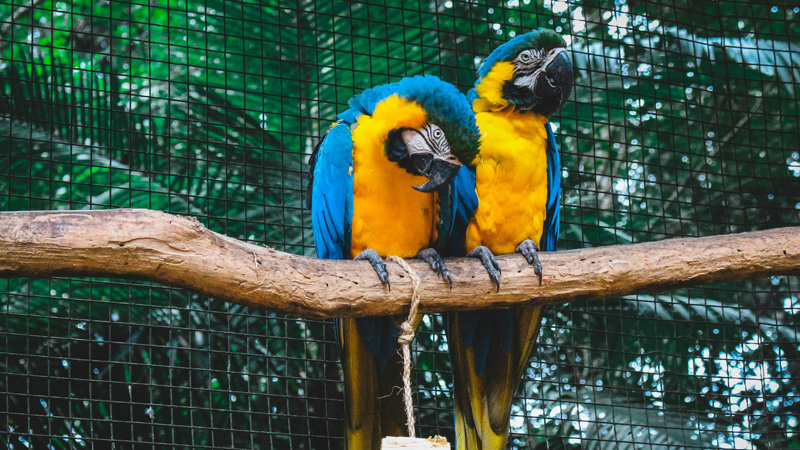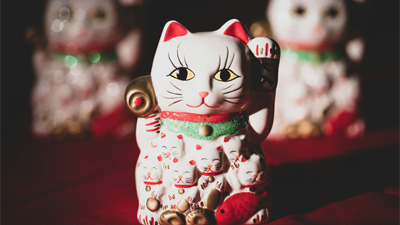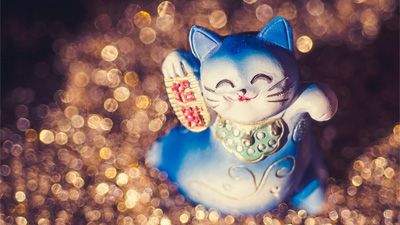These 5 Types of Pets to Avoid for a Harmonious Home

Photo by Jonatan Lewczuk on Unsplash
The allure of exotic pets is undeniable – their unique appearances, fascinating behaviors, and the prospect of having a one-of-a-kind companion can be incredibly appealing. However, the world of exotic pets comes with its own set of challenges and responsibilities. It's crucial to carefully consider the suitability of a particular species for your lifestyle, living space, and ability to meet their specific needs.
In this article, we will delve into the exotic pet realm and explore some species that, despite their charm, might not be the best choice for prospective pet owners.
1. The Chatterbox Conundrum: Large Parrots (Macaws, Amazons)
Large parrots, such as Macaws and Amazons, are renowned for their stunning plumage and ability to mimic human speech. However, the challenges they present can outweigh their charm. These birds demand a considerable amount of space, both in terms of a large cage and ample free-flying room.
For apartment dwellers or those with limited living space, accommodating the expansive wingspan and energetic nature of these parrots can be a daunting task. Additionally, their vocalizations, while entertaining for some, can be disruptive to neighbors, making them a less-than-ideal choice for communal living environments.
RELATED: 8 Easy-to-Care-for Pet Bird Species for Beginners
2. Monkey Business: The Pitfalls of Primate Companionship
Monkeys are undeniably captivating with their playful antics and seemingly human-like behaviors. However, the reality of caring for a primate as a pet is far from glamorous. These intelligent creatures require an immense amount of mental stimulation and physical exercise.
In a domestic setting, they may resort to destructive behaviors or become agitated, leading to potential safety concerns for both the pet and its owner. The specialized care and attention needed to ensure the well-being of a primate make them a challenging choice for all but the most experienced and dedicated owners.
3. Pigs and the Burrowing Instinct: Pot-Bellied Pigs
Pot-bellied pigs have gained popularity as exotic pets due to their small size and seemingly docile nature. However, potential owners often underestimate the strength and natural behaviors of these animals. Pigs have a strong inclination to burrow, which can lead to property damage in a home environment.
Their care requirements, including a need for mental stimulation and proper socialization, can be demanding for those unprepared for the challenges of pig ownership. Considering their potential to grow into sizeable animals, prospective owners should be aware of the long-term commitment and space needed to accommodate these unique pets.
4. Digging In: Armadillos and Outdoor Housing
Armadillos, with their distinctive armor-like shells, may seem intriguing as exotic pets. However, these creatures are best suited for outdoor living, making them incompatible with apartment or indoor living situations. Armadillos have specific environmental needs, and attempting to confine them within the confines of a residence can lead to stress and health issues. Their digging instincts may result in damage to property and an overall unsuitable living arrangement for both the armadillo and its owner.
5. Tank Troubles: The Growing Pains of Aquatic Turtles
Aquatic turtles are often chosen as exotic pets due to their initial small size and captivating aquatic habitat. However, many species of turtles can grow considerably larger than anticipated. While they may be manageable in smaller tanks as hatchlings, their eventual size may require a tank of at least 120 gallons, posing challenges for apartment dwellers with limited space. The long-term commitment and financial investment in providing an adequate habitat for these turtles should be carefully considered before bringing them into a home environment.
Conclusion
While the allure of exotic pets is undeniable, responsible ownership requires a thorough understanding of the specific needs and challenges associated with each species. Large parrots, monkeys, pot-bellied pigs, armadillos, and aquatic turtles all present unique difficulties that may make them unsuitable for the average pet owner.
Before embarking on the journey of exotic pet ownership, extensive research, consideration of living space, and an honest evaluation of one's ability to meet the physical and emotional needs of the chosen pet are essential. In the realm of exotic pets, informed decisions lead to harmonious homes for both animals and their human companions.
You May Also Like
 Help & AdviceThese 5 Types of Small Pets Like To Cuddle
Help & AdviceThese 5 Types of Small Pets Like To Cuddle Help & AdviceExploring 6 of The Friendliest Small Pets
Help & AdviceExploring 6 of The Friendliest Small Pets Help & AdviceExploring 10 Easiest Exotic Pets to Take Care Of
Help & AdviceExploring 10 Easiest Exotic Pets to Take Care Of Cat CultureWhat is a Cat Called in Japan?
Cat CultureWhat is a Cat Called in Japan? Cat CultureWhat Does The Maneki-Neko Symbolize?
Cat CultureWhat Does The Maneki-Neko Symbolize? Cat CultureThe Difference Between Maneki-Neko Left Or Right Paw?
Cat CultureThe Difference Between Maneki-Neko Left Or Right Paw?